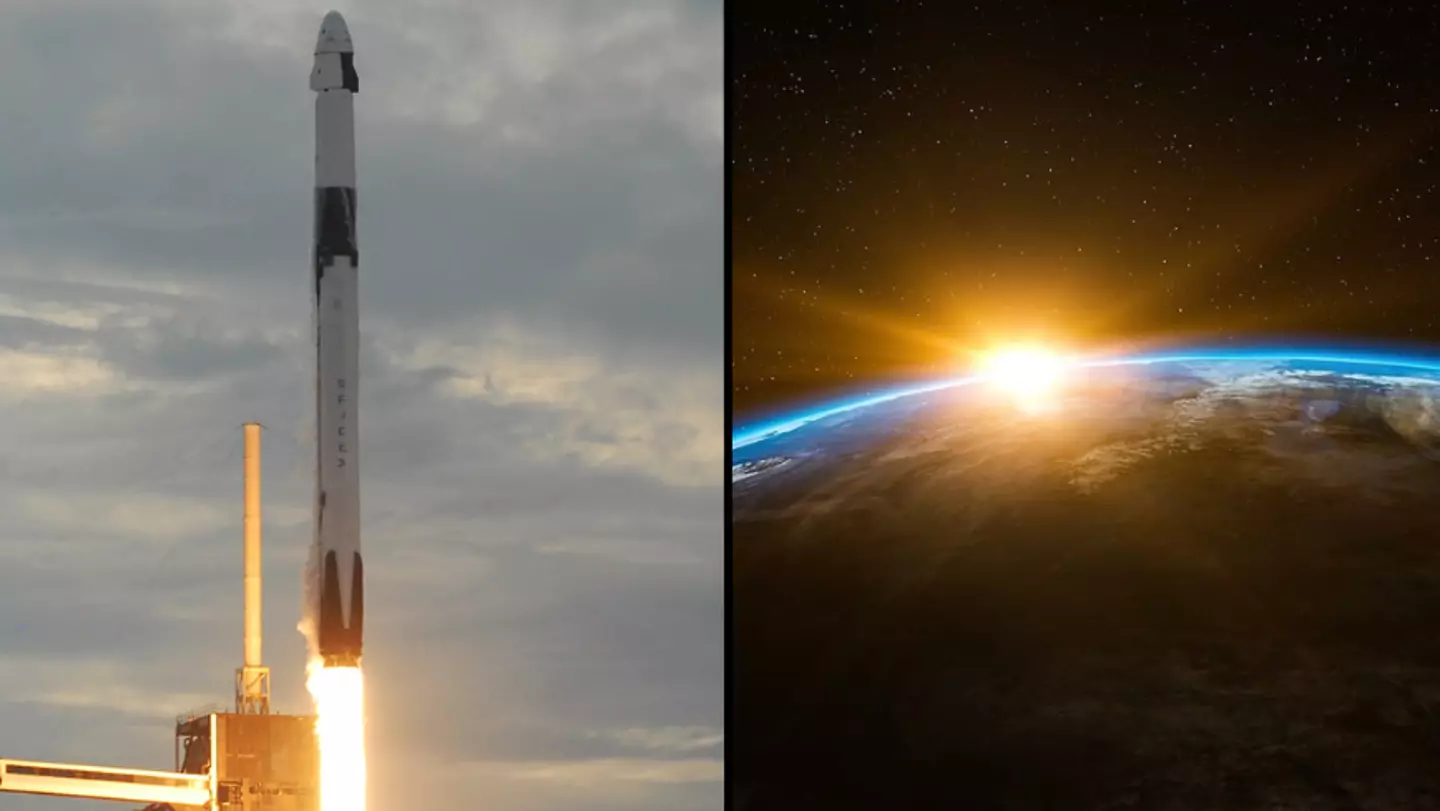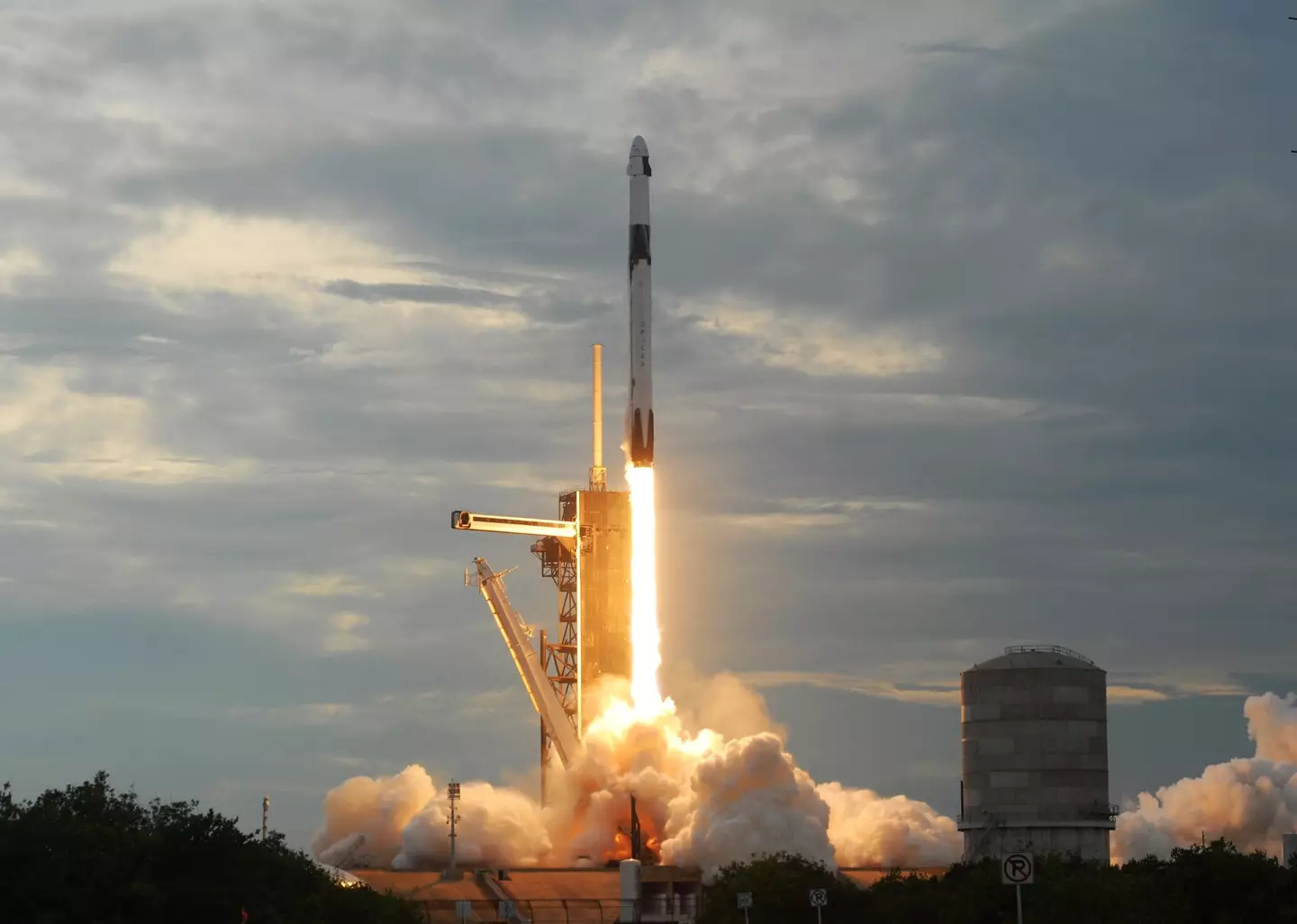
For as long as man has been able to venture into space, he has been preparing for the worst case scenario - dying in space.
In the sixty or so years that space exploration has been possible, eighteen people have died in space due to in-flight accidents.

Even when Neil Armstrong step foot on the moon in 1969, it wasn't a certain thing.
Advert
President Richard Nixon had an alternative script prepared paying tribute to the astronauts if their mission had ended tragically.
In his biography, Nixon's speechwriter, William Safire, reflected on how they would communicate tragedy to the nation.
Safire wrote: "We knew disaster would not come in the form of a sudden explosion.
"It would mean the men would be stranded on the moon in communication with Mission Control as they slowly starved to death, or deliberately 'closed down communication,'—the euphemism for suicide."
This does raise the question - what does happen to your body if you die in space?
Advert
Not that dying is ever pleasant, but the process your body goes through in outer space is particularly gruesome.
Here's a scenario to give you an idea how the body would shut down.
Let's say you're an astronaut onboard the ISS (International Space Station) and your suit gets hit by a micro-meteorite which makes a hole.
Annoying? Yes.
Most likely life threatening? Also yes.
Advert
The hypothetical astronaut would have about 15 seconds before they lost consciousness.
Before freezing, they would likely die from decompression or asphyxiation.
This is because having their skin exposed to the vacuum of space would force the water in their blood and skin to vapourise.
When this happens, the body would expand outwards like a balloon filling with air.

Advert
Their lungs would collapse and within 30 seconds, they would be paralysed - though death seems much more likely in this case.
Death isn't likely aboard the ISS, mostly because the astronauts are already in tip-top shape by the time they leave Earth.
But astronauts have previously died in horrific accidents, with the failed launch of the Space Shuttle Challenger in 1986 being particularly devastating.
A minute after launch, the rocket broke apart, killing all seven of the crew members on board.
What astronauts in space are meant to do with dead bodies whilst in space is a matter of debate among scientists.
Advert
Some have suggested that cannibalism may be appropriate in some cases, whilst others have pushed for the more palatable alternative of being kept in cold storage.
